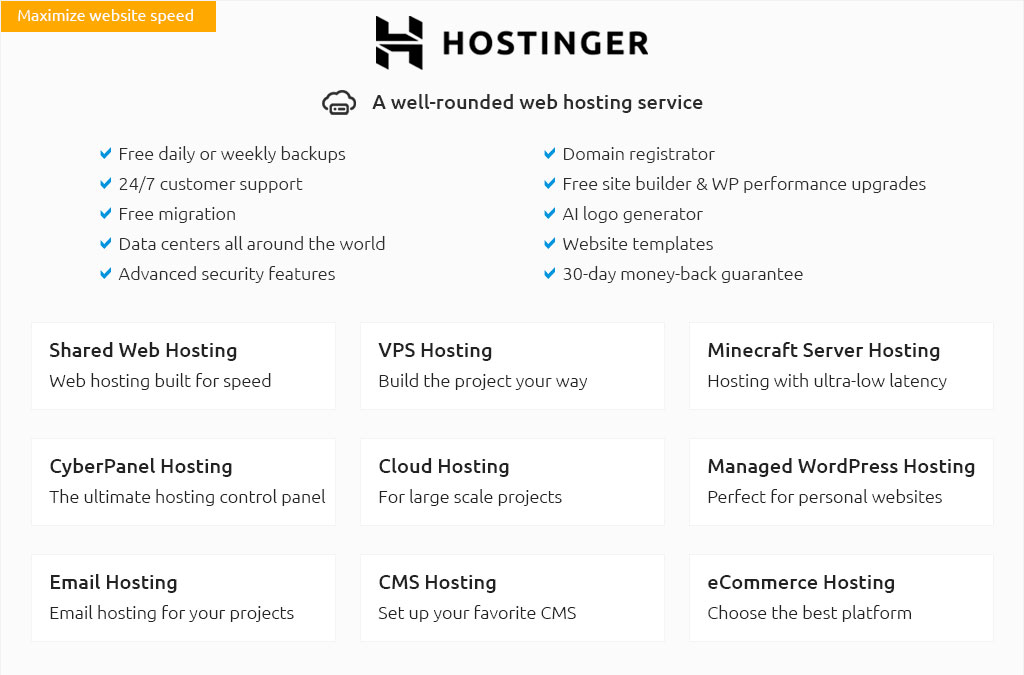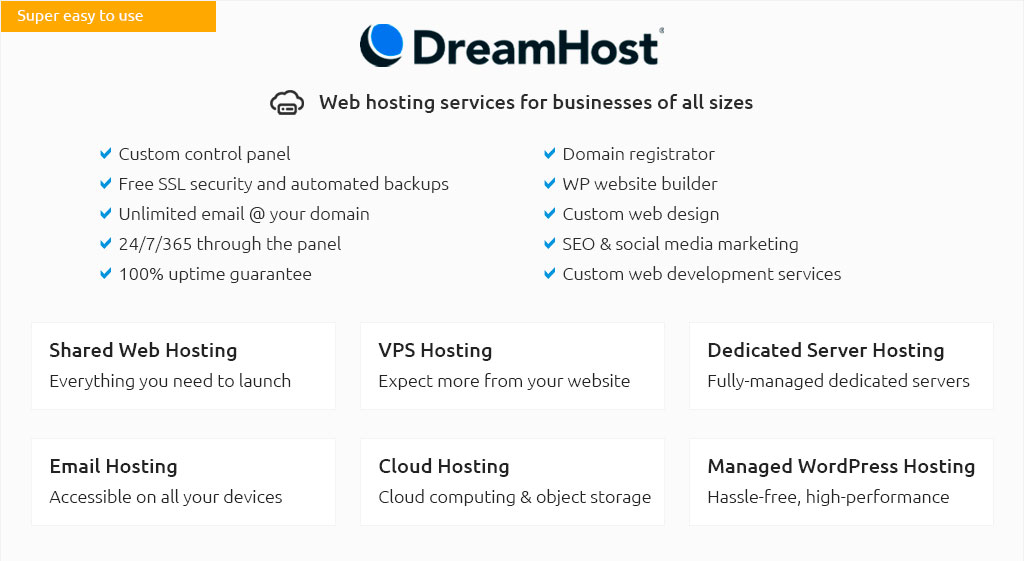 |
|||
 |
 |
 |
|
 |
|
 |
 |
 |
|||
 |
|||
 |
|||
 |
|||
 |
|||
 |
|||
 |
 |
|
Unleash the true potential of your online business with our comprehensive web hosting reviews, where we dive deep into the world of ecommerce cloud hosting, revealing the powerhouses that can supercharge your digital storefront and skyrocket your sales; with our expert insights, discover the fastest, most reliable, and secure platforms that are reshaping the ecommerce landscape, ensuring you're not just keeping up with the competition but leaving them in the dust-get ready to redefine success and elevate your business to unprecedented heights with the ultimate hosting solutions tailored for ambitious entrepreneurs like you!
https://simicart.com/blog/ecommerce-hosting/
Ecommerce hosting is a specialized service that provides the necessary infrastructure for online businesses to operate effectively. Unlike ... https://www.leaseweb.com/en/industries-solutions/e-commerce
Our e-commerce experts have worked with leading global businesses to develop cloud hosting solutions that address the industry's specific requirements. https://oroinc.com/b2b-ecommerce/cloud/
A cloud eCommerce platform leverages a network of connected servers to host your online store's files, data, and even operating systems.
|